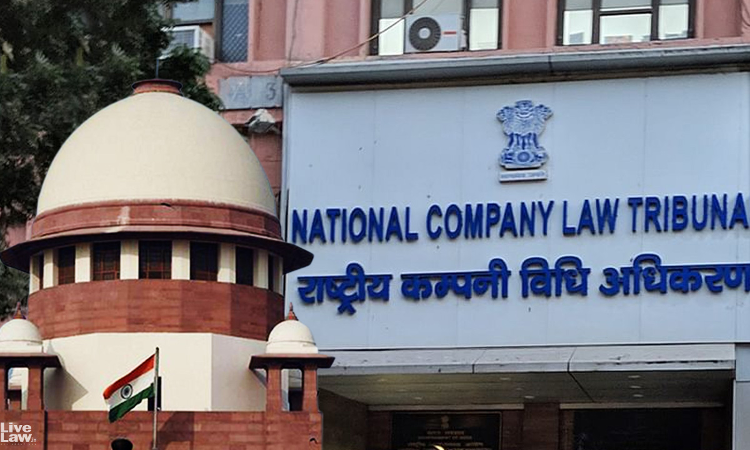Supreme Court To Examine NCLT Bar Association's Locus To Challenge 3-Year Term For Members
LIVELAW NEWS NETWORK
20 Jun 2022 12:58 PM IST

Next Story
20 Jun 2022 12:58 PM IST
The Supreme Court on Monday said that it will examine the locus standi of the National Company Law Tribunal Bar Association in challenging the Centre's notification fixing the term of 23 NCLT members appointed in 2019 as 3 years instead of 5 years.A vacation bench comprising Justices CT Ravikumar and Sudhanshu Dhulia adjourned the writ petition filed by the NCLT Bar Association observing that...
